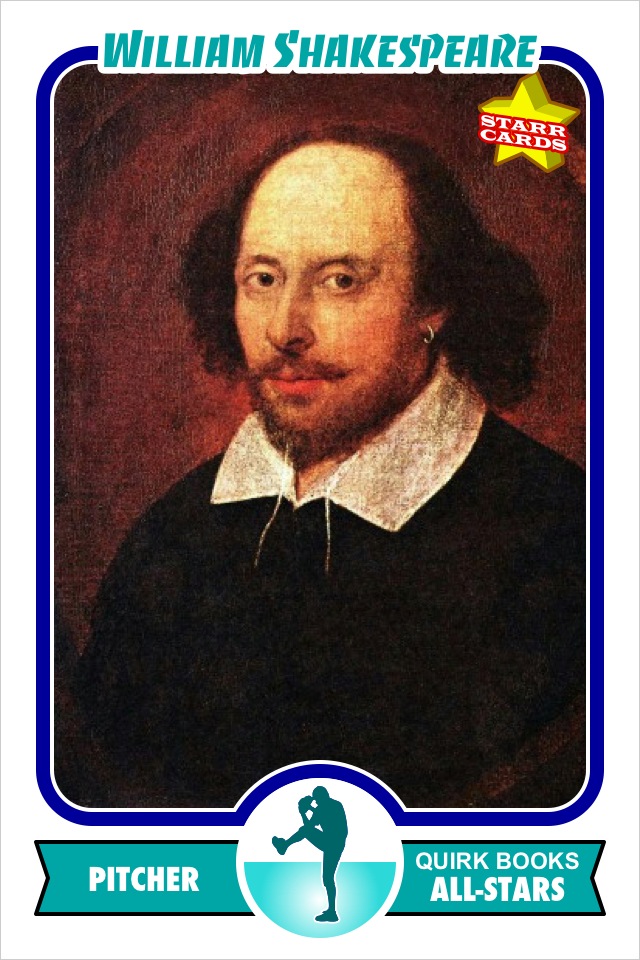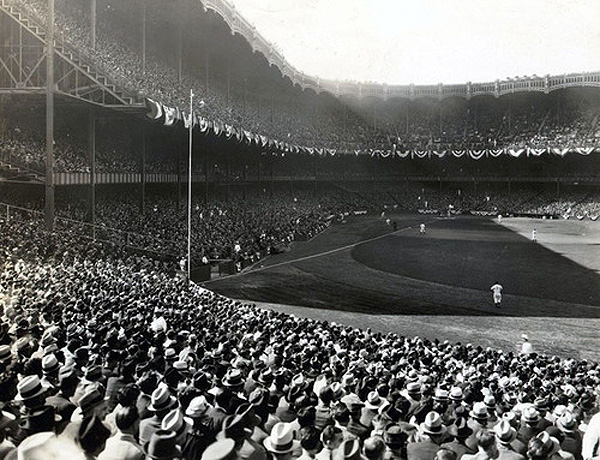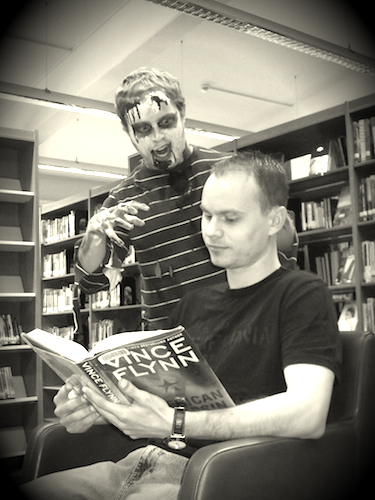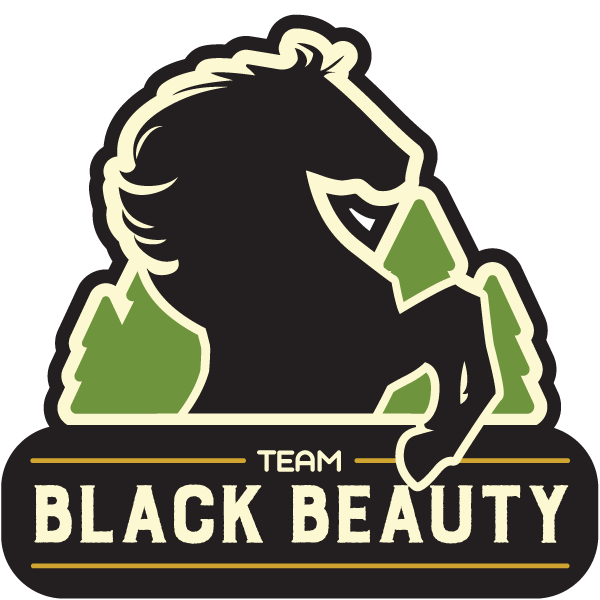The Quirk Books Literary Baseball All-Star Team—Collect Them All!
The National Anthem has been sung and the peanuts and crackerjacks are being tossed about. One of the all-time greats steps up to the plate. Now here comes the pitch: a literary baseball team! Which authors would you pick and at what positions would you play them? You have to keep in mind people’s strengths and place them accordingly, otherwise your team is going to get blown out!
Here’s the starting lineup for your Quirk Books Literary All-Star Team!
Pitcher: Shakespeare – It makes sense to start Shakespeare at this position, since pitchers think their position is most important. I imagine if Shakespeare was able to look at the history of literature, he would certainly agree. Plus, what a pitch count Shakespeare has! I’m not talking about pitches he may have made, but how many times do you think someone has said “it’s like Hamlet, but with robots,” or “it’s Macbeth, but with puppies.” That’s a high pitch count.
Catcher: J. D. Salinger – The catcher is a very defensive minded position, but I think if Salinger was given this spot, he’d get defensive about it and think it’d be a crummy place to be. Still, how could I not put him here?
First Baseman: Stephen King – This position often features some of the most feared batters in the league and the expectation is for lots of hits and power. I can think no better author to play first base than King, whose hefty novels can still knock it out of the park.
Second Baseman: Terry Pratchett – The second baseman is a workhorse on the field, but is often overlooked compared to the showier shortstop position. The same could be said for Terry Pratchett, whose extensive Discworld series spans forty volumes. Still, Pratchett may be overshadowed by his flashier partner, as the second baseman often is.
Shortstop: Neil Gaiman – Pratchett collaborated with Gaiman for Good Omens and this tandem completed the double play. The range of Gaiman’s work makes him the perfect shortstop. This position requires the player to cover a lot of field, which Gaiman certainly has, having written comics, novels, short stories, and for film and television. And don’t forget about that Duran Duran biography!
Third Baseman: Nora Roberts – This position is also known as the “hot corner,” since a batted ball may come flying down the line at over 125 mph, so Roberts is a natural fit as the author of over 200 romance novels. Who knows if Roberts would have a future in Cooperstown, but she’s already been honored by the Romance Writers of America Hall of Fame as their first inductee.
Left Field: Walt Whitman – Left field is probably the least important position defensively, but you still need someone there, so I suggest Walt Whitman. When he isn’t off to catch the occasional fly ball, he can admire the leaves of grass.
Center Field: Isaac Asimov – The center fielder has to cover the most territory in the outfield and requires a lot of speed and accuracy. Asimov wrote or edited over 500 books, covering topics like science, history, and religion, besides also writing science fiction, fantasy, and mystery. Clearly, he was a skilled man who could cover a lot of topics.
Right Field: Joyce Carol Oates – The right fielder needs a strong arm to reach any spot on the field. Oates, who has written many novels, plays, poems, and essays, prefers to write in longhand. With that kind of output, she must have a hell of an arm!
Designated Hitter: James Patterson – The designated hitter puts up hit after hit, but doesn’t do much else. Patterson has become known for publishing a new book practically every month, but he’s only doing some of the work, just like the DH.
Are there any authors who you think should make this literary all-star team? Place your votes in the comments section and play ball!




